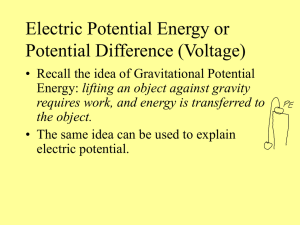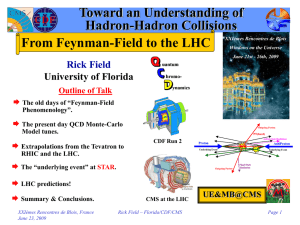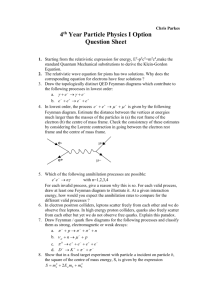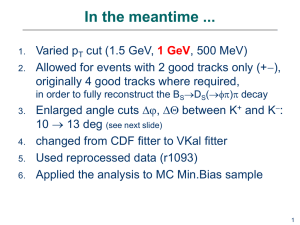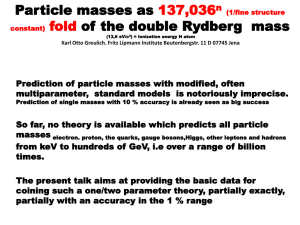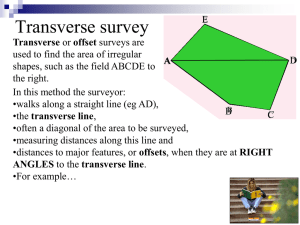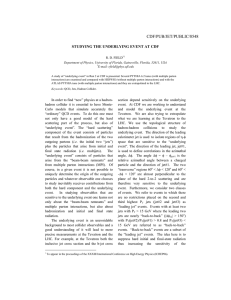UEenergy_RickField_6-22-10
advertisement
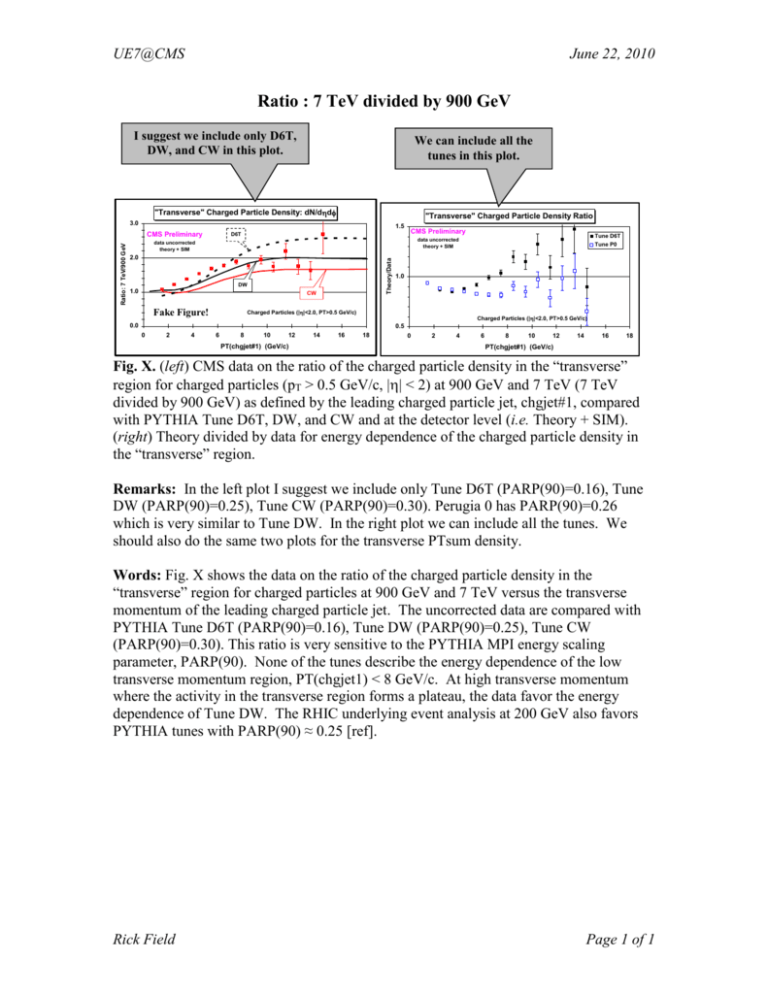
UE7@CMS June 22, 2010 Ratio : 7 TeV divided by 900 GeV I suggest we include only D6T, DW, and CW in this plot. We can include all the tunes in this plot. "Transverse" Charged Particle Density: dN/ddf "Transverse" Charged Particle Density Ratio 3.0 1.5 D6T Tune D6T data uncorrected theory + SIM data uncorrected theory + SIM 2.0 Theory/Data Ratio: 7 TeV/900 GeV CMS Preliminary CMS Preliminary DW 1.0 CW Fake Figure! Tune P0 1.0 Charged Particles (||<2.0, PT>0.5 GeV/c) Charged Particles (||<2.0, PT>0.5 GeV/c) 0.0 0.5 0 2 4 6 8 10 12 PT(chgjet#1) (GeV/c) 14 16 18 0 2 4 6 8 10 12 14 16 18 PT(chgjet#1) (GeV/c) Fig. X. (left) CMS data on the ratio of the charged particle density in the “transverse” region for charged particles (pT > 0.5 GeV/c, || < 2) at 900 GeV and 7 TeV (7 TeV divided by 900 GeV) as defined by the leading charged particle jet, chgjet#1, compared with PYTHIA Tune D6T, DW, and CW and at the detector level (i.e. Theory + SIM). (right) Theory divided by data for energy dependence of the charged particle density in the “transverse” region. Remarks: In the left plot I suggest we include only Tune D6T (PARP(90)=0.16), Tune DW (PARP(90)=0.25), Tune CW (PARP(90)=0.30). Perugia 0 has PARP(90)=0.26 which is very similar to Tune DW. In the right plot we can include all the tunes. We should also do the same two plots for the transverse PTsum density. Words: Fig. X shows the data on the ratio of the charged particle density in the “transverse” region for charged particles at 900 GeV and 7 TeV versus the transverse momentum of the leading charged particle jet. The uncorrected data are compared with PYTHIA Tune D6T (PARP(90)=0.16), Tune DW (PARP(90)=0.25), Tune CW (PARP(90)=0.30). This ratio is very sensitive to the PYTHIA MPI energy scaling parameter, PARP(90). None of the tunes describe the energy dependence of the low transverse momentum region, PT(chgjet1) < 8 GeV/c. At high transverse momentum where the activity in the transverse region forms a plateau, the data favor the energy dependence of Tune DW. The RHIC underlying event analysis at 200 GeV also favors PYTHIA tunes with PARP(90) ≈ 0.25 [ref]. Rick Field Page 1 of 1
